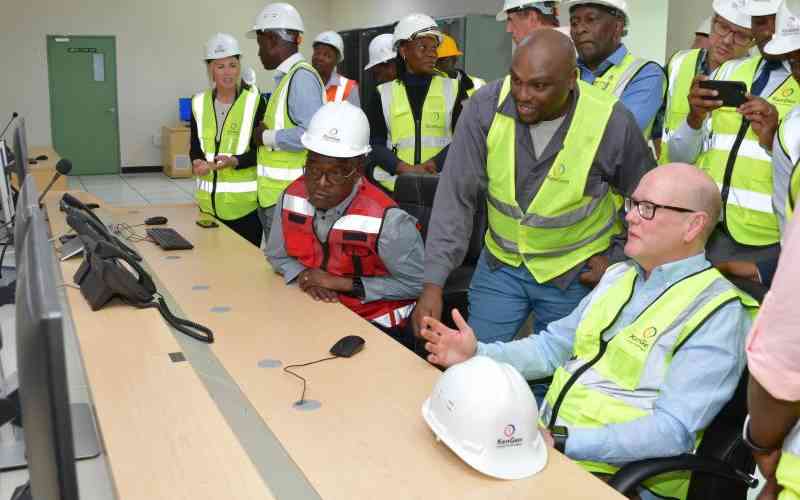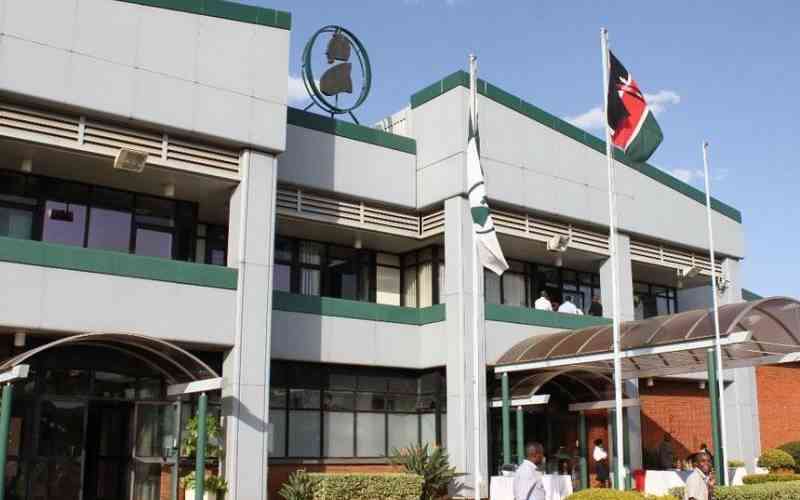
Kenya’s failed bid for the African Union Commission (AUC) Chairmanship, which saw Raila Odinga drop out in the sixth round of voting, is a moment of reckoning for the country’s diplomatic strategy. The position ultimately went to Djibouti’s Mohamoud Ali Youssouf, a seasoned diplomat who, from the onset, appeared more suited for the role. Kenya’s loss in this high-stakes contest raises critical questions about the country’s approach to regional leadership, its diplomatic coherence, and its strategic alliances.
Raila Odinga, who turned 80 last month, was Kenya’s candidate. While his decades of political experience cannot be dismissed, the AUC Chairmanship is an intensive and demanding role. It requires agility, fresh energy, and a forward-thinking vision—qualities that favor a younger candidate.
Djibouti’s Youssouf, by contrast, represents a more vibrant and dynamic choice, reflecting the continent’s desire for leaders who can keep up with the fast-evolving global and regional challenges.
This election also signals Africa’s shifting priorities. While legacy figures like Raila Odinga have played crucial roles in shaping the continent’s politics, AU leadership demands a technocratic and diplomatic approach rather than a political one. Youssouf, as a career diplomat, had the advantage of being more attuned to AU affairs, global geopolitics, and Africa’s future trajectory.
Kenya’s decision to field Raila Odinga was also problematic in another way: he is, first and foremost, a politician. And not just any politician—he is a divisive figure at home, with deep political rivalries that have defined Kenya’s landscape for decades. The AU, on the other hand, requires a unifier and a consensus-builder, someone who can rally African nations around a common vision.
Youssouf’s credentials as a seasoned diplomat gave him a natural advantage. His experience as Djibouti’s foreign minister equipped him with deep insights into Africa’s geopolitical realities, regional security, and economic integration—issues that are central to the AU’s mission. During the public debates (Mjadala), it was evident that Youssouf had a clearer and more strategic vision for Africa’s future, making him the more competent candidate.
Beyond the candidate selection, Kenya’s broader foreign policy inconsistencies may have played a role in its loss. On crucial issues such as the Israel-Palestine conflict, Kenya has wavered. President William Samoei Ruto has framed the conflict primarily through the lens of terrorism, rather than addressing the core issues of occupation and Palestinian independence. This ambiguity has raised concerns about Kenya’s diplomatic positioning, especially in a continent where many nations support Palestinian statehood.
Moreover, Kenya’s interactions with Western powers have sent mixed signals. The recent call between President Ruto and French President Emmanuel Macron regarding the Democratic Republic of Congo (DRC) crisis underscores these contradictions. Kenya has consistently championed the idea that “African problems should be solved by Africans,” yet its first instinct in a major regional crisis was to reach out to France, a former colonial power with a complex history in Africa. Such inconsistencies undermine Kenya’s credibility as a Pan-African leader.
Raila Odinga’s loss is not just about him; it reflects deeper structural issues in Kenya’s diplomatic approach. If Kenya truly aspires to lead Africa, it must first learn to speak with a coherent voice, align its policies with African priorities, and choose candidates who embody the continent’s aspirations. The AUC Chairmanship may have slipped away this time, but the lessons learned should inform Kenya’s future engagements on the continental stage.
- Joel Kipchumba is a current affairs commentator, Public Policy, Governance and International Law graduate at Macquarie University, Sydney Australia.







